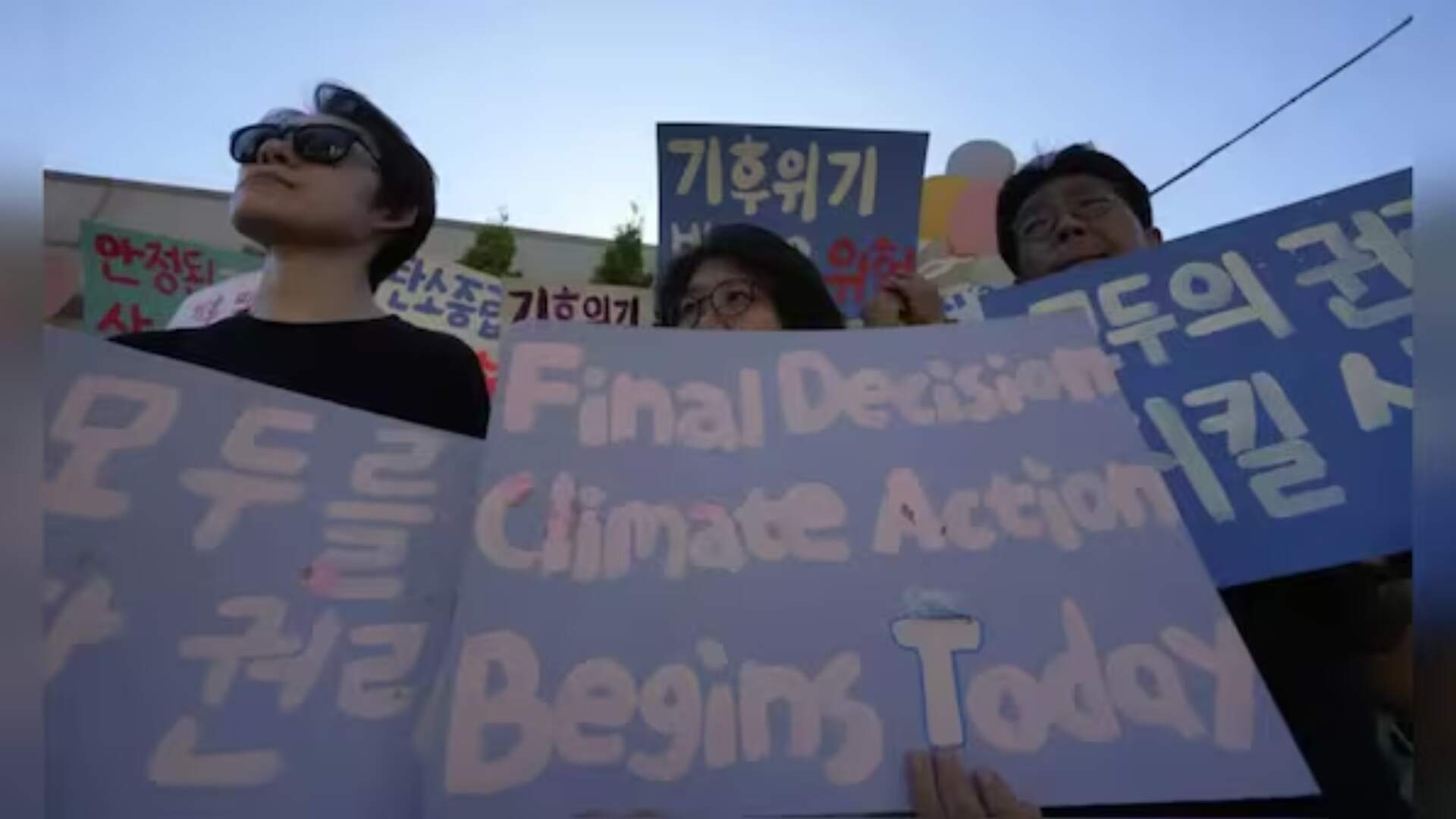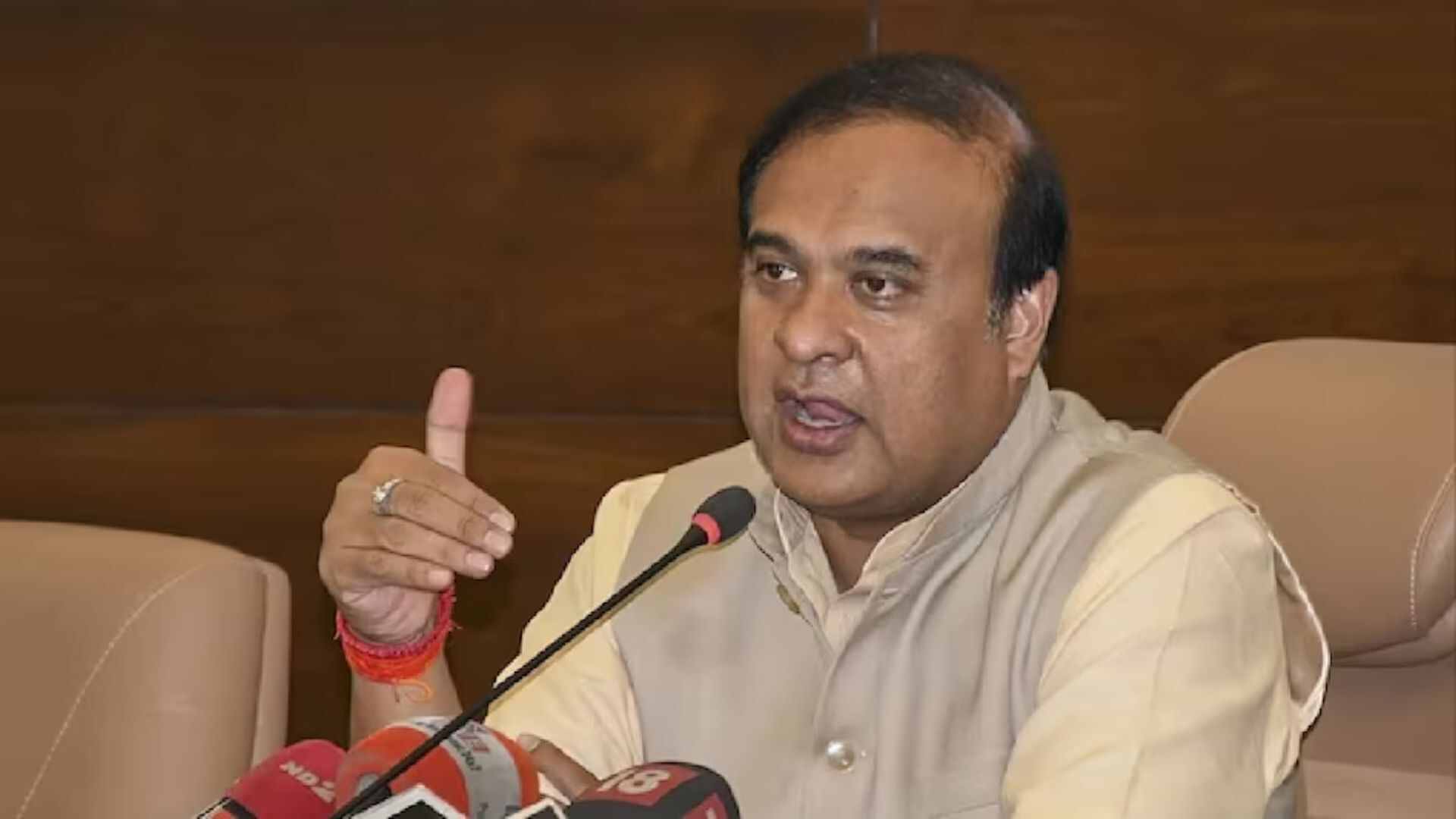More than 30,000 protesters filled the streets of Seoul on September 7, demanding stronger government action on climate change as South Korea experienced a scorching summer heat. Demonstrators from all walks of life gathered in the bustling Gangnam district, a financial and shopping hub, to ensure their voices reached major corporations held responsible for significant carbon emissions.
Calls for Climate Justice
Waving banners with messages like “Climate justice” and “Protect our lives!”, the protesters denounced President Yoon Suk Yeol’s administration, labeling it a “climate villain” for its perceived inaction. The protest, one of the largest this year, highlighted the urgency of addressing global warming. Many pointed to the record-breaking heat in Seoul, where temperatures remained above 25°C (77°F) for 20 consecutive nights—an event classified as “tropical nights.”
“This is a survival issue for younger generations,” said Kim Ki-chang, a 46-year-old novelist attending his third protest. He called on the older generation to do more to secure a sustainable future for the next.
Environmental activist and protest leader Yu Si-yun echoed these sentiments, emphasizing the critical need for immediate action. “Without air conditioning, this summer would have been unlivable,” she said. “This is a global crisis, and we are running out of time. We need systemic change now.”
Legal Action and the Government’s Carbon Pledge
The protest came shortly after a South Korean court criticized the country’s climate laws for failing to protect human rights and future generations. This ruling was in response to a lawsuit filed by 200 plaintiffs, including young climate activists, who accused the government of not doing enough to combat climate change.
Although South Korea has pledged to achieve carbon neutrality by 2050, critics argue the government has been slow to adopt renewable energy. The country remains the second-largest coal polluter among G20 nations. Despite this, the government recently lowered its 2030 targets for reducing industrial greenhouse gas emissions, while maintaining a national goal of a 40% reduction from 2018 levels.
Impact on Agriculture
Climate change is already affecting South Korea’s agriculture, with rising temperatures reducing the quality and quantity of napa cabbage, a key ingredient in the country’s staple food, kimchi. Many farmers are raising concerns as the impact of global warming begins to affect both livelihoods and food security.
The protest organizers, the 907 Climate Justice March Group Committee, hope their efforts will lead to urgent reforms, pushing South Korea to adopt stronger measures against climate change before it’s too late.







